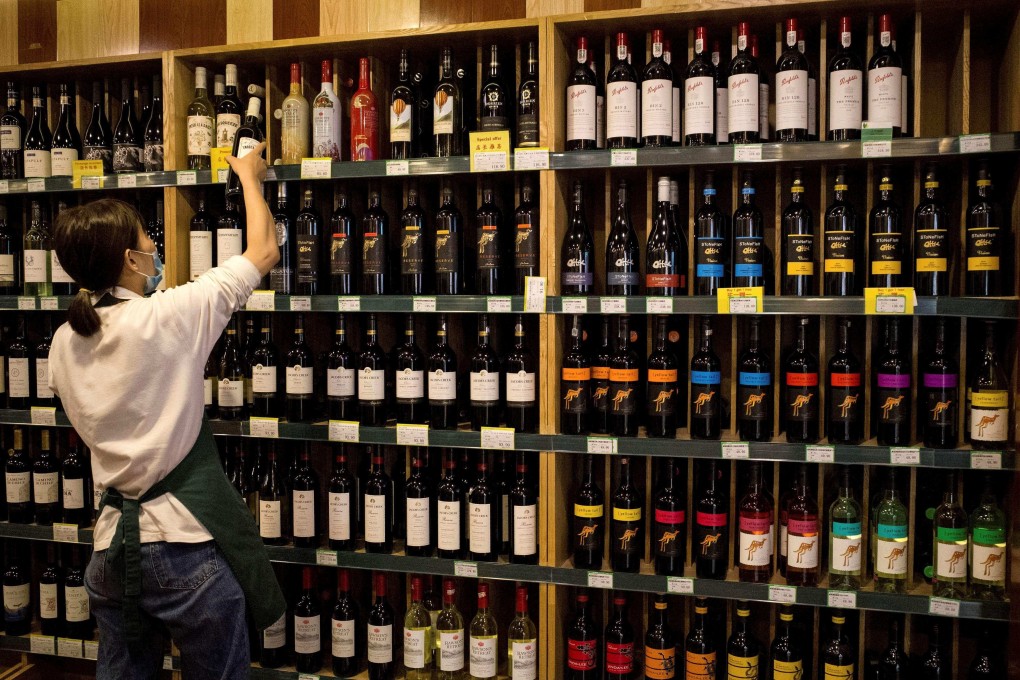Advertisement
Australia rejects China’s request to set up WTO panel to mediate row over anti-dumping duties
- Beijing had requested a WTO panel to be established to hear grievances over Canberra’s anti-dumping measures on products including railway wheels and wind towers
- Australia blocked the appeal saying the duties were imposed to protect local industries but agreed to continue talks with China to resolve the matter
Reading Time:2 minutes
Why you can trust SCMP
39

Australia has blocked China’s request to establish a panel at the World Trade Organization (WTO) to arbitrate a dispute on anti-dumping duties imposed on Chinese goods, further straining ties between the two sides.
Canberra rejected Beijing’s appeal for the WTO to examine tariffs it levied on Chinese railway wheels, wind towers and stainless steel sinks between 2014 and 2019 during a meeting on Tuesday, a Geneva-based trade official said.
China, however, will be able to make a second request.
Informal discussions between the two countries over the dispute fell through last August after Australia challenged Chinese tariffs on its wines and barley.
Trade and bilateral relations between Australia and China have plummeted since Canberra called for an independent investigation into the origins of the coronavirus last April without consulting Beijing.
Advertisement
Select Voice
Choose your listening speed
Get through articles 2-3x faster
1.1x
220 WPM
Slow
Normal
Fast
1.1x